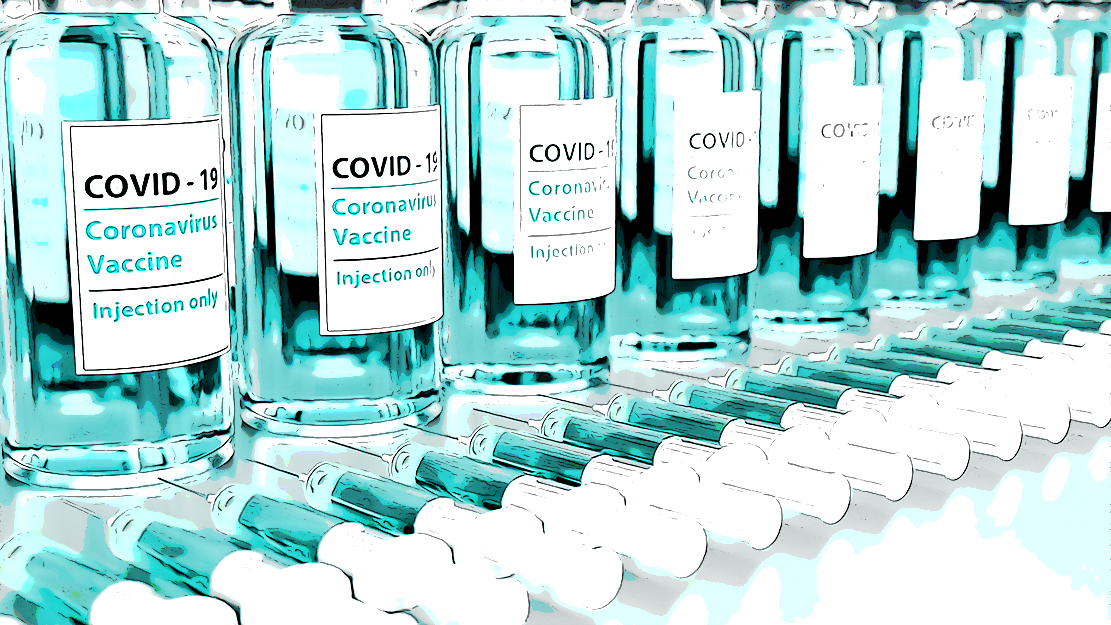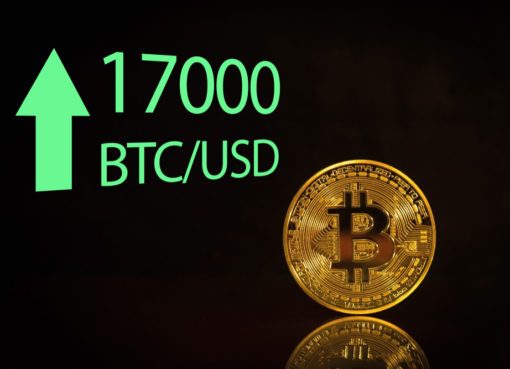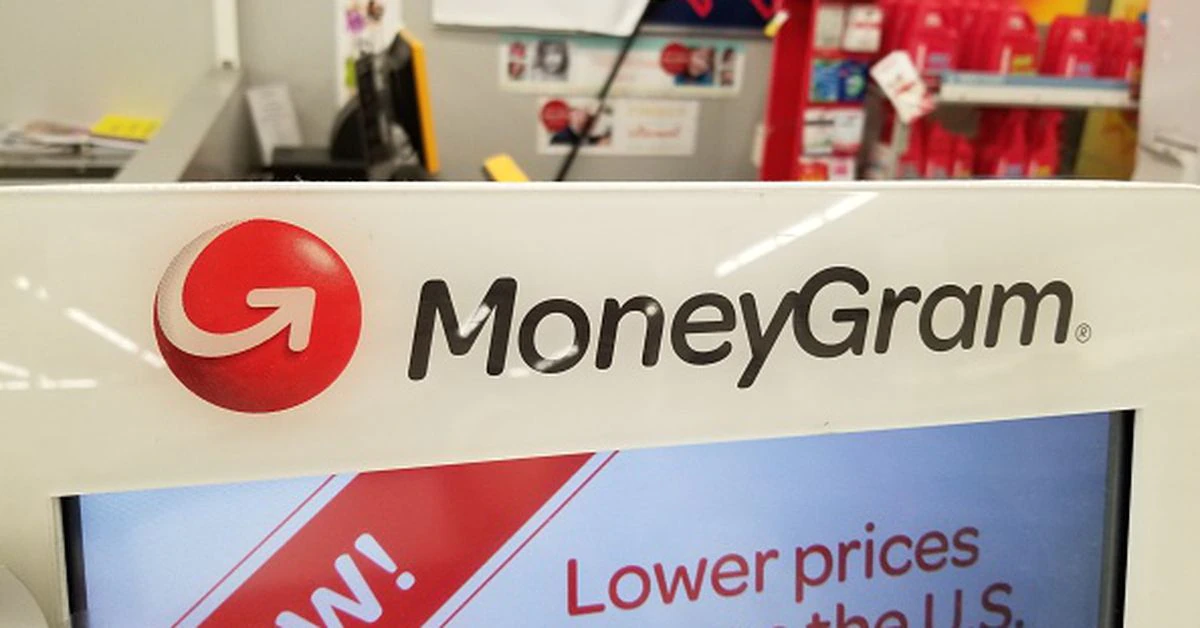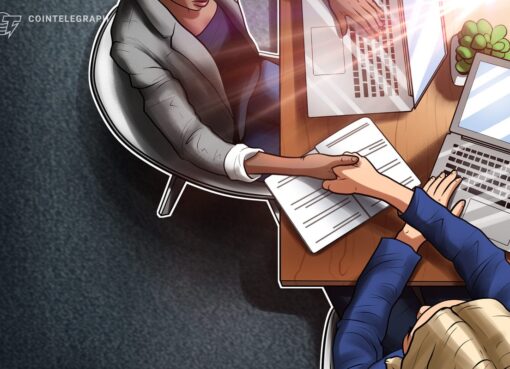This is the third article in a special Forkast.News series on blockchain, Covid-19 and the future of healthcare. To learn more about this series, please see its prologue, Part 1, and Part 2.
——————————————————————————
New strains of Covid-19, tighter lockdowns and the spread of more contagious forms of the virus have all been features of the not-quite-so-festive start to the new year. Since the first day of 2021, another 425,000 people have died from the disease. The only solace to be had lies in the new vaccines coming to market or already approved for use in many parts of the world.
What’s clear is that while mask compliance, social-distancing and handwashing remain vitally important in the global fight against Covid-19, it’s the vaccines that will be the real game-changer.
Immunization is an indispensable technology for preventing communicable infectious diseases. But the success of any vaccination program depends on the full commitment by governments and uptake by the majority of the public.
With the Covid-19 “infodemic” of erroneous, scare-mongering or outright fake information arising in part out of fear, panic and political agendas — in part from distrust of governments from their mishandling of the virus — it is no wonder that societies’ faith in vaccines has been rocked to the core. But it’s a critical public health issue, and the integration of new technologies such as blockchain is not only improving the integrity of public health information but also vaccine development, distribution and supply for the medical and pharmaceutical industries.
Blockchain can log the chain of custody of each individual component of a product, tracking and tracing it — from conception to injection.
Social media giants Twitter and Facebook have also both taken steps to ban false scientific claims posted on their platforms that stoke the spread of misinformation about the virus. In the U.S., surveys show around a third of Americans would not get any new Covid-19 vaccine. Confidence in vaccines was weakened by the Trump Administration’s “Operation Warp Speed,” which for many gave the impression of rushed production with insufficient testing.
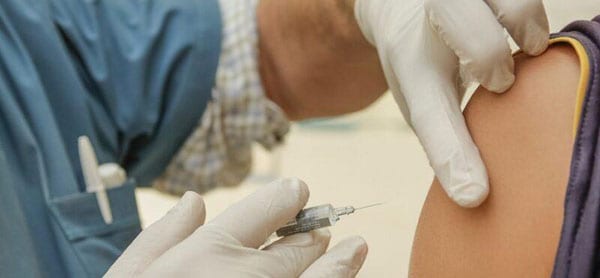
But with front-line medical workers and political leaders like President Joe Biden, Democratic House Speaker Nancy Pelosi and Republican Senate leader Mitch McConnell publicly receiving the vaccine with open arms without any unexpected health events, attitudes are changing. As daily numbers drop and hospitalizations reduce, many will be persuaded to get the jab. Indeed it has also been heartening to see astoundingly long queues to receive the vaccines, even in politicized, previously “anti-mask” states such as Florida and Texas.
Mandatory vaccination may become the norm for many key industries, especially those with high health and community-facing roles — including doctors, nurses, flight attendants and teachers. Ethical arguments will arise, there is no doubt. It also remains to be seen whether individuals’ attitudes to free choice outweigh a desire to travel, with many airlines considering proof of vaccination to fly. Last year decimated leisure and business travel, forcing most people to stay home. Cabin fever may be the final symptom that drives many to get vaccinated.
Unreliable, conflicting information undermines trust
The internet has played host to some jaw-dropping conspiracy theories, such as Covid-19 was “man-made” in a laboratory, that 5G phone towers transmit the virus, and that Bill Gates is planning to inject micro-tracking particles into the world’s population via vaccines. Doctors, scientists and healthcare workers have taken to platforms like TikTok in an effort to myth-bust conspiracies and to encourage vaccination among younger people, who tend to get their news via social media and express more skepticism toward vaccines.
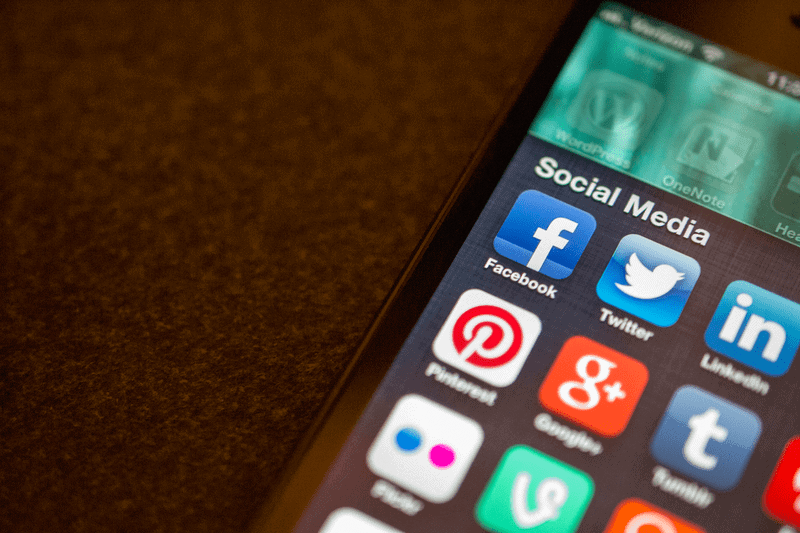
Fear begets fear, rational or otherwise, making more people vulnerable to scams, and altogether have a reduced trust in the key political and medical bodies that should be guiding them through the complexities of a pandemic. Unfortunately, much of the guidance given has been unreliable and or with conflicting information.
Early on in the pandemic, the World Health Organization (WHO) became caught in verbal crossfire between governments over alleged cover-ups and the wearing of face masks. Since then, politicization of the pandemic continued with Trump’s belittling Dr. Anthony Fauci, director of the National Institute of Allergy and Infectious Diseases (NIAID), and one of the world’s leading experts on infectious diseases, and also side-lining the Centers for Disease Control (CDC) in Atlanta. A simple item, a face mask, became politicized when in fact it is just a piece of textile or protective device that has saved many lives.
The Trump Administration coerced the U.S. Food and Drug Administration (FDA) into approving medications, such as hydroxychloroquine, for hospitalized Covid-19 patients despite a lack of evidence on efficacy. The FDA later had to reverse the decision after the drug was shown to have limited efficacy and severe side-effects.
Such intense politicization of medicine and science undermined public trust. The new “Coronavirus Task Force,” set up by President Biden, looks to be bringing order, clarity and confidence back to government authorities and their processes.
Vaccine development
Many countries joined the race to develop a Covid-19 vaccine, and part of that involves determining their immunological strategy. A vaccine can be based on manipulating the virus as a whole, or by selecting key parts of a genome using molecular techniques. Using the whole virus to vaccinate means first growing millions of liters of the real “wild-type” Covid-19 virus, and then “kill” or inactivate it for injection. There is no room for error in the “whole virus” process.
China late last year administered an early-stage experimental whole virus Covid-19 vaccine, manufactured by Sinopharm to Chinese students heading overseas for university. Vaccinations for the Chinese general public began at the beginning of January and will soon be available in Hong Kong. Little information is available regarding the safety and efficacy data of this vaccine.
In the West, the three vaccines — Pfizer/BioNTech, Moderna and Oxford/AstraZeneca — all use similar molecular techniques to target key structural parts of the virus. Ultimately, they came to the same conclusion: target the spike protein (SP) of the virus. The SP is a constant characteristic of the virus, and the conduit SARS-CoV-2 uses to enter human epithelial cells. Even for the new strain variants popping up around the world (notably in the UK and South Africa), the efficacy of the SP vaccines is reported to be upheld.
The majority of the vaccine companies’ key scientific and clinical information is in the public domain, through final Phase 3 clinical trial readouts, public company readout calls, available FDA documentation, and with public filings to the World Intellectual Property Organization.
The companies that created the successful Covid vaccines are also licensing out their technologies to other pharma groups, such as Sanofi-Aventis, in order to expedite the manufacture of more vaccines. Of course, genes that occur naturally cannot be patented, but it is clear that, altogether, there is a significant level of transparency and no hocus-pocus surrounding the approved vaccine technology, safety or efficacy.
Vaccine authenticity and availability
In the distribution phase, vaccine legitimacy must be verifiable. Until now, the most reliable indicator has been the inclusion of a “hologram sticker,” which is difficult but not impossible to fake. It’s inevitable that there will be a black market for Covid-19 vaccines. Interpol has forewarned the U.K. Government and other E.U. member states about the sale of fake vaccines online. Those tempted to buy through this channel will receive potentially fake vaccines that are unlikely to work and won’t come with a digital vaccination certification.
Theft is another serious and significant concern. At present, delivery trucks leave Pfizer’s Michigan plant escorted by U.S. marshals to protect the “liquid gold.” Each shipment of vaccines is equipped with Bluetooth and GPS sensors to monitor their location and temperature. Cyberattacks on ULT freezer and fridges will be an ongoing concern.
Blockchain could resolve most of these issues. It represents a permanent sentinel technology integrated throughout the entire lifespan of pharmaceutical products, platforms and processes, revolutionizing drugs and vaccines, and our faith in them.
The vaccines are now being rolled out worldwide. Rolling forward, Pfizer/BioNTech estimates manufacturing up to 2 billion doses by the end of 2021. Moderna has increased their minimum vaccine production by 20%, to 600 million doses in 2021. The Oxford/AstraZeneca vaccine is being produced at locations around the world, with scaling aimed at producing two million doses a week by the middle of January.
Amid all this, it is worth remembering that approximately 20% of Covid-19 cases become severe and induce ARDS (Acute Respiratory Distress Syndrome), needing oxygen or ventilation, with these cases being predominantly in the elderly or in those with underlying chronic health conditions. Most cases of Covid-19 resolve normally, with the human immune system orchestrating a rather perfect response to the virus. A dry cough, a fever, malaise and a good 14 days working from home resolves most cases.
After the jab: proof, and ‘new-normal’ freedoms
So, what happens with lockdowns, quarantine, travel and testing as vaccines become available? Competition for blockchain-verified Covid-19 immunization certification will be fierce.
The Common Trust Network is a key global initiative, developed by Geneva-based non-profit, The Commons Project, together with the World Economic Forum. The blockchain collaboration on the CommonPass app involved several airlines, including Cathay Pacific, JetBlue, Lufthansa, Swiss Airlines, United Airlines and Virgin Atlantic, as well as hundreds of health systems across the U.S. The app allows users to upload medical data, such as a Covid-19 test result and proof of vaccination by a hospital or medical professional, generating a health pass in the form of a QR code that can be shown to authorities without revealing sensitive information.
Airlines, including Qantas, plan to make vaccination against Covid-19 mandatory for passengers once international travel resumes mid-2021. Here again, international jurisdiction, ethical and personal rights will cause problems. Yet for those keen to travel without quarantine, proof of vaccination will be stored in the form of a blockchain-mediated immutable digital certification.
Trust is arguably the most critical component of any successful vaccination scheme. Individual efforts by governments, celebrities, social media, doctors and pharmaceutical companies can work to persuade the public. Yet immutable open-ledger platforms that manage data privately and seamlessly also have a critical role in health information management. A better understanding of blockchain and how the technology can be used in this fight will foster greater trust in Covid testing and vaccines as well as underpin compliance.
Through blockchain, faith in vaccines and the rebuilding of drug and vaccine credibility that has been severely undermined through this pandemic, can be restored.

